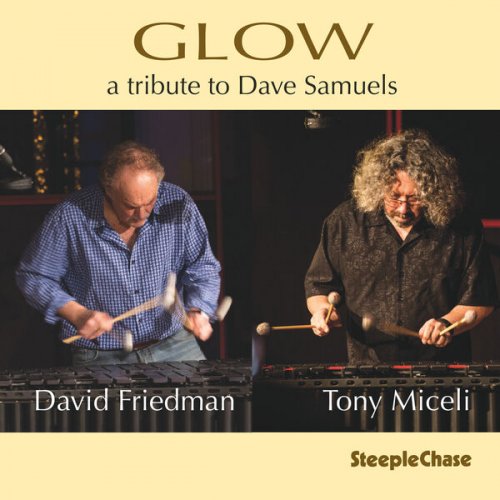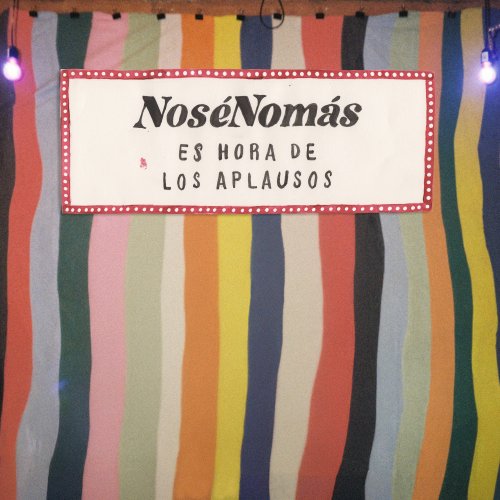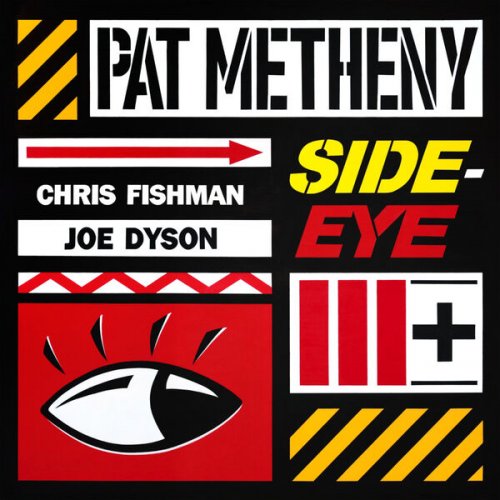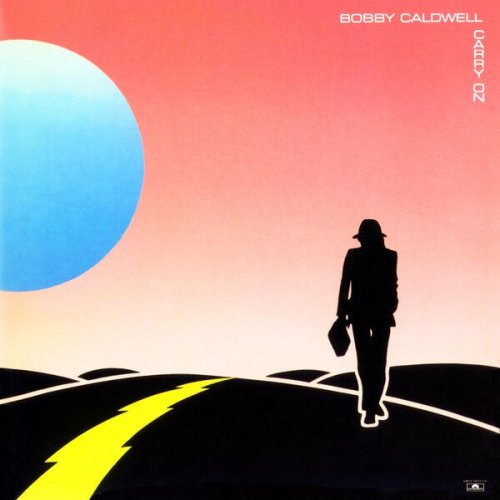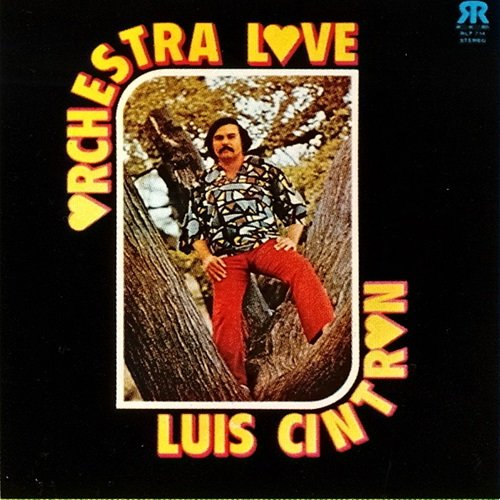Iris Vermillion - Siegfried Wagner: Scenes & Arias (2000)
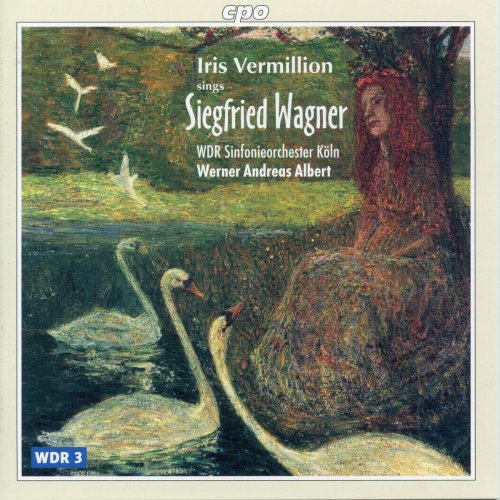
Artist: Iris Vermillion
Title: Siegfried Wagner: Scenes & Arias
Year Of Release: 2000
Label: CPO
Genre: Classical
Quality: FLAC (tracks)
Total Time: 66:54 min
Total Size: 267 MB
WebSite: Album Preview
Tracklist:Title: Siegfried Wagner: Scenes & Arias
Year Of Release: 2000
Label: CPO
Genre: Classical
Quality: FLAC (tracks)
Total Time: 66:54 min
Total Size: 267 MB
WebSite: Album Preview
01. Bruder Lustig, Op. 4: Bleibt auf den stufen!
02. Bruder Lustig, Op. 4: Da bin ich schon! Seht!
03. Herzog Wildfang, Op. 2: Ich grüß dich, liebes Kind!
04. Schwarzschwanenreich, Op. 7: Das ist es g'rad! Wer sie entlarvte!
05. Die heilige Linde, Op. 15: Trauriger Miene steht ihr um mich vereint
06. Der Friedensengel, Op. 10: Interlude
07. Der Friedensengel, Op. 10: Jetzt licht gemacht!
08. Rainulf und Adelasia, Op. 14: Wohlan denn! So sei es!
09. Rainulf und Adelasia, Op. 14: Das Feuer lebt der Erde Tod
10. Der Schmied von Marienburg, Op. 13: Still, Sohn! Still! Nicht freveln!
An unusual and fascinating insight into the world of one of Richard Wagner's sons, this disc acts as a fascinating taster of an obviously highly talented composer who, like his father, had a penchant for acting as his own librettist. This is the Siegfried of Siegfried Idyll, by the way. He conducted part of the 1896 Ring, and his first production was Holländer in 1906.
The link with Wagner père is immediately made explicit by the first track, the 'Transformation Music' of Bruder Lustig. Interestingly, however, the musical language is more akin to that of Schoenberg's Erwartung than to the more monolithic processes of Parsifal, wedded to the late Romanticism of Alexander von Zemlinsky. Urme's Scene, which follows, is immersed in witchcraft (a less impassioned magic than Isolde's invocations in Tristan, however). The scoring is darkly shifting: in fact, throughout the disc one is consistently struck by Siegfried Wagner's mastery of the orchestra.
The most Wagnerian excerpts are those from Schwarzschwanenreich and Die heilige Linde, the latter sung by the Ring-like named character of Gundelind. The instrumental Interlude from Der Friedensengel is stormy in the best Walküre Act One tradition. Vermillion clearly relishes the chromatically-inflected lines, and her commitment to this composer's cause is never called into doubt throughout. The more advanced, trance-like language of the Rainulf und Adelasia excerpt provides the greatest challenge for Vermillion's lower registers, a test she passes with flying colours.
Full marks all round, then: to CPO for their imaginative programming, and to the musicians for their obvious belief in this music. Only the occasional roughness of ensemble reveals less than perfect rehearsal time. This disc will repay much study and should be regarded as much more than a mere curiosity. Please note, however, that the dates for this composer given in the booklet would make him even longer than one of his father's music dramas: 261 years, to be precise.
The link with Wagner père is immediately made explicit by the first track, the 'Transformation Music' of Bruder Lustig. Interestingly, however, the musical language is more akin to that of Schoenberg's Erwartung than to the more monolithic processes of Parsifal, wedded to the late Romanticism of Alexander von Zemlinsky. Urme's Scene, which follows, is immersed in witchcraft (a less impassioned magic than Isolde's invocations in Tristan, however). The scoring is darkly shifting: in fact, throughout the disc one is consistently struck by Siegfried Wagner's mastery of the orchestra.
The most Wagnerian excerpts are those from Schwarzschwanenreich and Die heilige Linde, the latter sung by the Ring-like named character of Gundelind. The instrumental Interlude from Der Friedensengel is stormy in the best Walküre Act One tradition. Vermillion clearly relishes the chromatically-inflected lines, and her commitment to this composer's cause is never called into doubt throughout. The more advanced, trance-like language of the Rainulf und Adelasia excerpt provides the greatest challenge for Vermillion's lower registers, a test she passes with flying colours.
Full marks all round, then: to CPO for their imaginative programming, and to the musicians for their obvious belief in this music. Only the occasional roughness of ensemble reveals less than perfect rehearsal time. This disc will repay much study and should be regarded as much more than a mere curiosity. Please note, however, that the dates for this composer given in the booklet would make him even longer than one of his father's music dramas: 261 years, to be precise.
